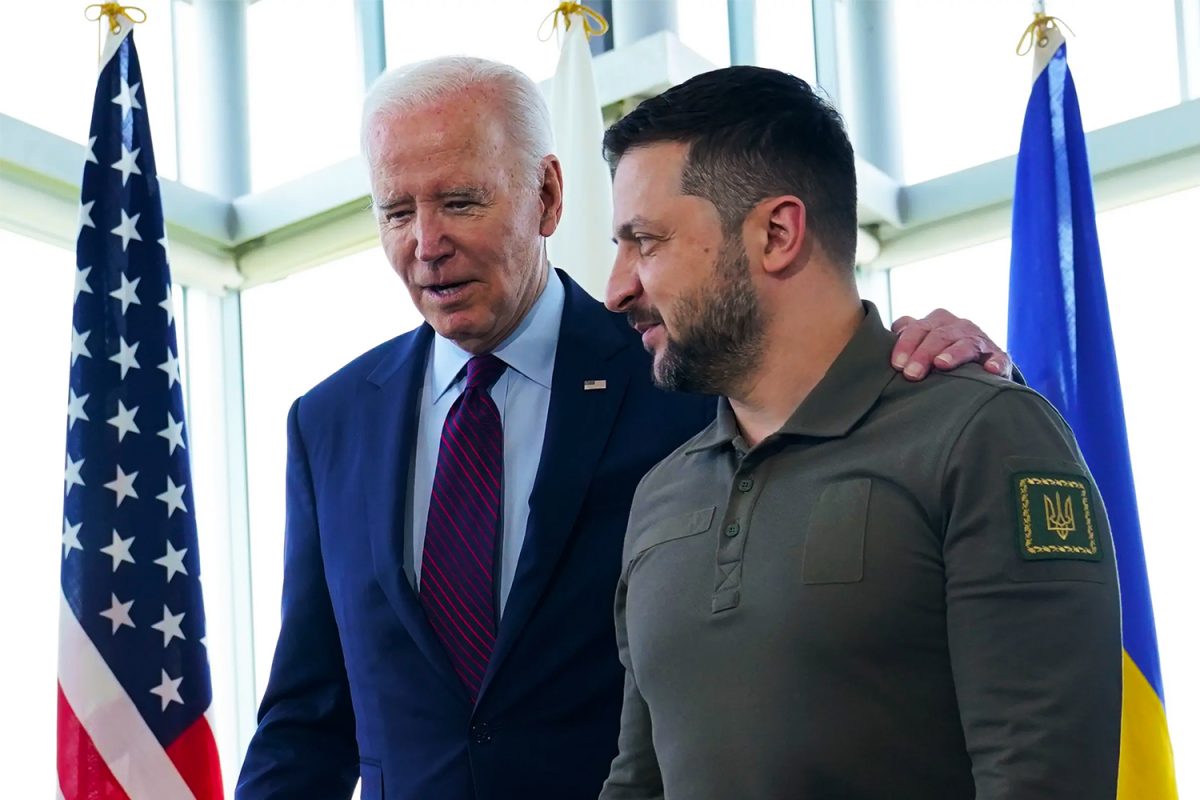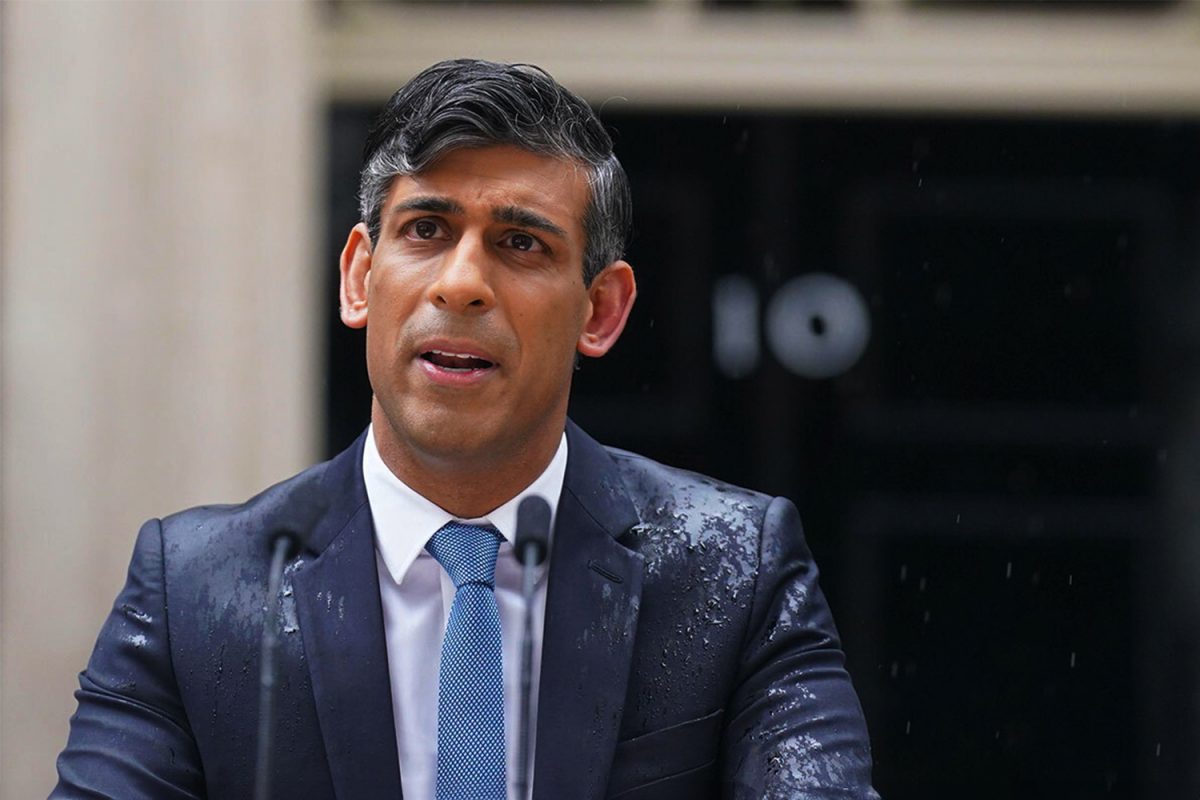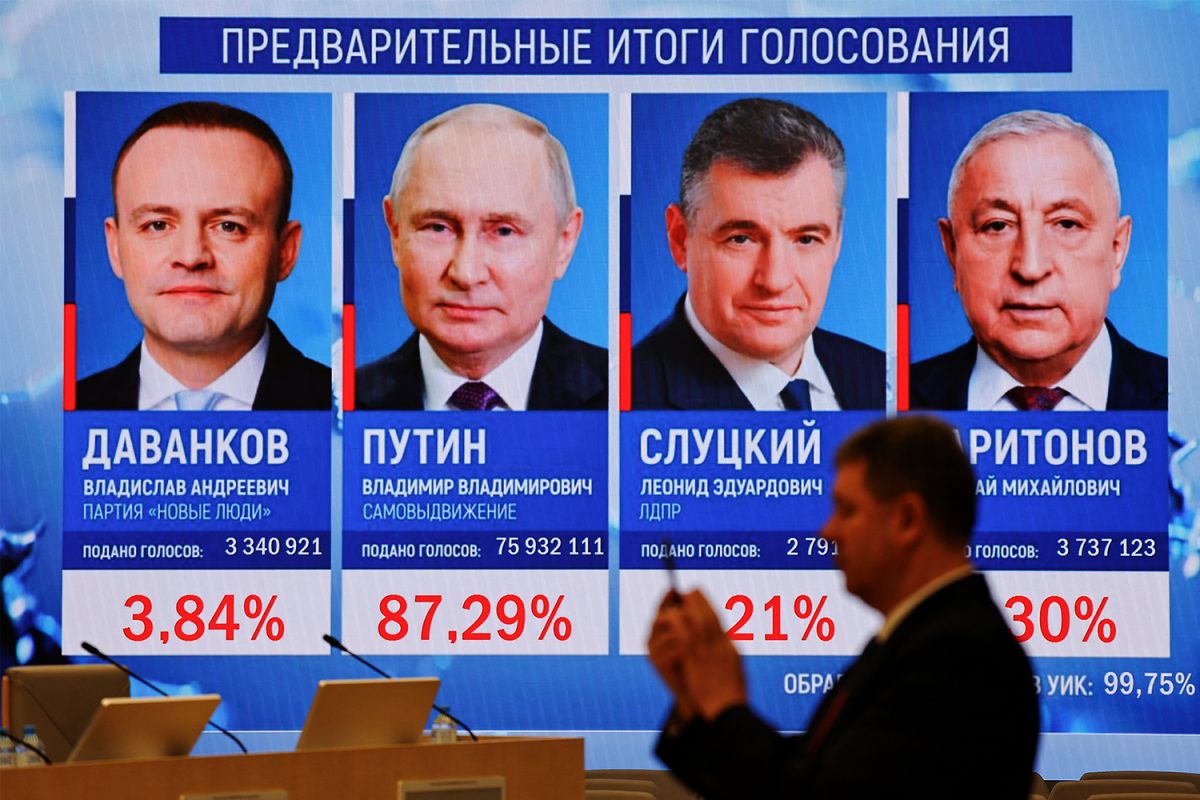In the early hours of Thursday 24th February, Russian President Vladimir Putin announced the start of a “special military operation” in Ukraine and thereafter, missile, air and artillery strikes were reported in several areas of Ukraine. As the rule based order established after WW2 crumbles and the world succumbs to great power competition, its response to Russia’s invasion of Ukraine remains divided and centred on national interests and priorities.
Russian “Gunboat Diplomacy”, where it amassed 200,000 troops on Ukraine’s borders and then called for talks seems to have failed miserably, leaving a beleaguered Putin with no option other than to go to some sort of limited war, to gain concessions from what is in essence the United States. With the eastward expansion of NATO its main concern and a host of other outrageous demands, what a rabidly antagonistic Ukraine on its border will do to allay Russian security concerns is an open question. Without the military and economic means to occupy and subdue the whole of Ukraine. Russia’s endgame in Ukraine seems unclear, the proximity of the Ukraine’s capital to Belarus may aid Russia in regime change, but the international legitimacy let alone the legitimacy of the regime to Ukrainians themselves is doubtful. Putin’s invasion seems rather ill conceived and reactionary.
Russian “Gunboat Diplomacy”, where it amassed 200,000 troops on Ukraine’s borders and then called for talks seems to have failed miserably, leaving a beleaguered Putin with no option other than to go to some sort of limited war
The US on the other hand seems to relish the opportunity that the Russian aggression presents. It manufactured intransigence in the face of Russian security concerns, especially ruling out any bar on the possibility that Ukraine’s membership of NATO would certainly antagonise Russia to the point of war. The Biden administration perfectly understands that the Russian predilection for strong almost invincible leaders would make it impossible for Putin to back down from this ostentatious show of force without securing considerable concessions or some form of hostilities. The gift that this crisis presents to US global strategic aims cannot be understated. This crisis reinvigorates a flailing NATO, it cements NATO but in fact US hegemony over European security arrangements for the next generation and highlights paucity of European defence capabilities. Furthermore, it presents to the US an opportunity to dismantle any emerging Chinese/Russian nexus that may challenge US global dominance. The stability of China is predicated on its economic success, the prospect of harsh sanctions levied against Russian entities being transferred to Chinese companies will deter economic cooperation between the two.
The United Kingdom also relishes the opportunity to prosecute its long standing vendetta against Russia. The brief interlude of communism in Russia obscured what has been almost 300 years of intense rivalry between the UK and Russia. Although there is only one hegemonic power in the world at this time the rivalry between second tier nations Russia, UK and France is intense. For its part the UK has fanned the flames of war and taken its usual belligerent position regarding anything Russian except the money of its oligarchs of course. Like the US the UK also finds this opportunity too good to forgo. To embroil Russia in an open ended conflict, with scant opportunities to deescalate without an embarrassing withdrawal is too good of an opportunity to miss.
As for the other Europeans their response is fractured. Eastern Europeans from Bulgaria to Hungary feel a traditional kinship with Russia and sentimentally credit the Russians with their independence from Ottoman rule, hence they are resistant to any suggestion that Russia should be dealt with harshly.
For Germany forestalling an impending recession is at the fore of its thinking. Hence maintaining reasonable energy prices is a priority, the Nord stream 2 pipeline not only bypasses Ukraine and established an independent route for Russian gas into Germany it also doubled capacity, much to the consternation of the US. The conciliatory line taken by Germany reflects its dependence on Russian energy, where 65% of its gas is sourced from Russian fields. Unlike the US and UK, Germany and its allies in the EU including Italy attempted to avoid confrontation and allay Russian security concerns to the extent that even after the start of the Russian invasion there has been considerable reluctance on the part of Germany, Italy and some other European nations to eject Russian from the swift payment system arguing that, such a move will close rather than begin diplomatic channels for the resolution of this conflict.
For France whose energy mix is more independent of Russia, its policy has been to find a middle ground between the US, UK and its German ally and to position itself as the mediator between US and Russia. Its concern is mainly to resist US hegemony over European affairs, with the eventual establishment of a European army with France at its fore. To this end together with its German ally it is more than willing to sacrifice a significant part of Ukraine to achieve stability and placate Russian security concerns.
For NATO’s other erstwhile member Turkey, it’s a fine balancing act as it has significant interests with both Russia and Ukraine, without the possibility of extracting itself from either relationship. Although President Erdogan has condemned the Russian invasion it has refused a Ukrainian request to close the Bosporus Straits to Russian military vessels. Erdogan has adopted a policy of neutrality but that is unlikely to satisfy its Ukrainian counterparts.
The Ukrainian crisis adequately summarises the problems of the modern era, in a world dominated by capitalism and the nation state, principles of self determination, human rights and in fact any other moral or ethical code are secondary to the national interest and scarcely beyond sacrificial.




